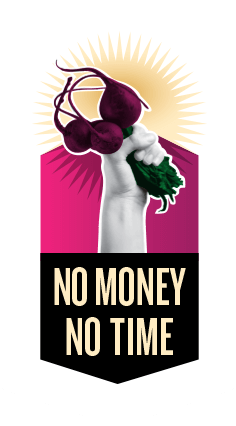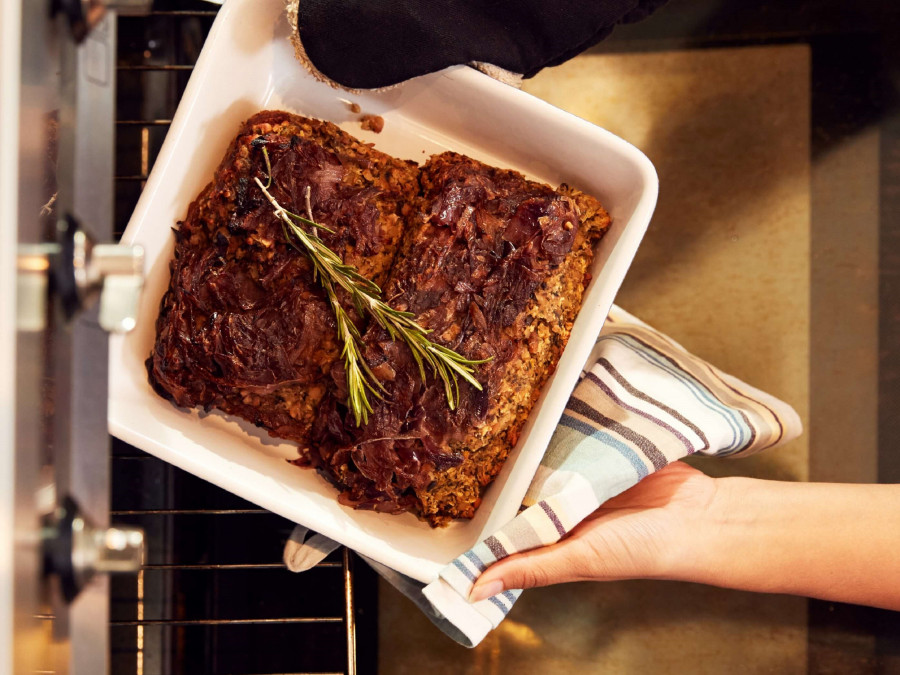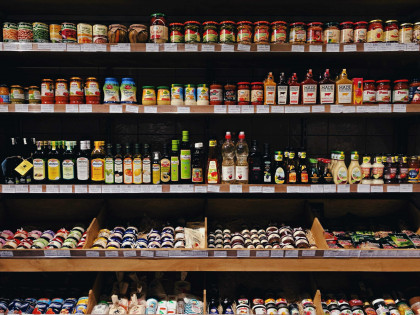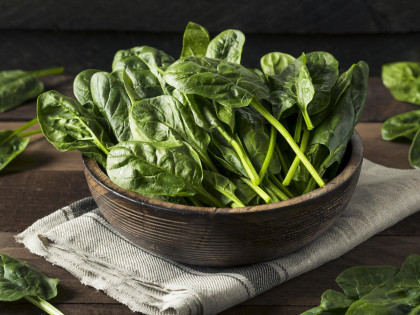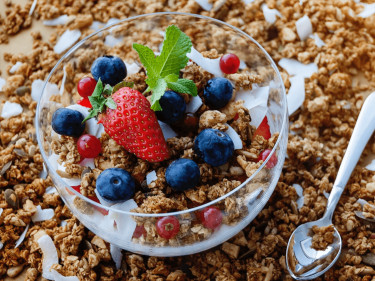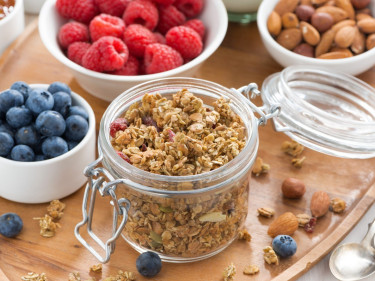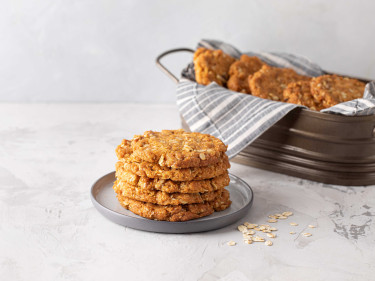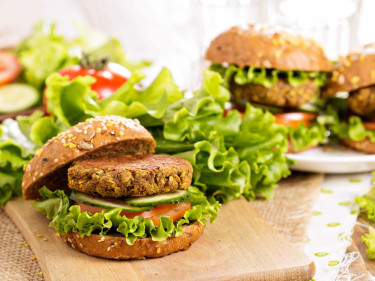Serves = 6
- 2 tbsn extra virgin olive oil
- 1 small brown onion, diced
- 3 cloves garlic, crushed
- 2 large portobello mushrooms or 6 button mushrooms
- 1 medium carrot, grated
- 400g tin kidney beans, drained and rinsed
- 400g tin lentils, drained and rinsed
- 1tbs tamari or soy sauce (salt reduced)
- 2 tbsn dried mix herbs
- 140g rolled oats
- 4 potatoes
- 2 cups frozen peas
- 1 whole broccoli

